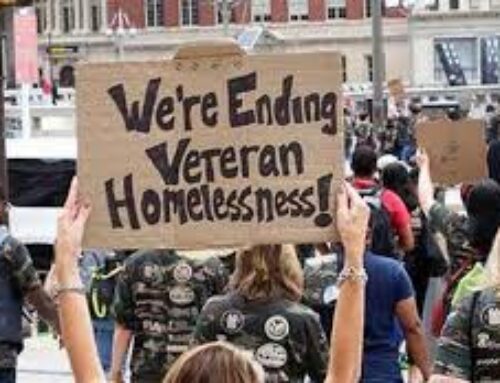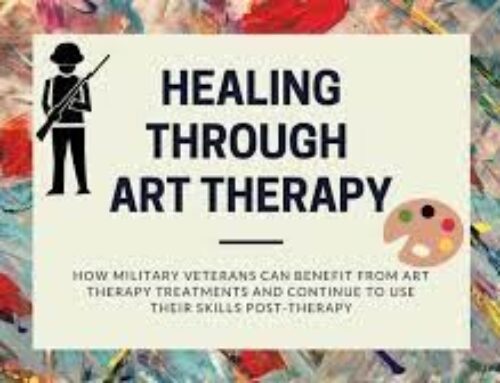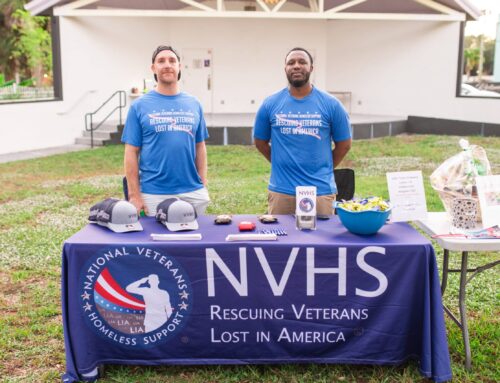Symptoms of PTSD
The last several decades have seen immense growth in visibility and research around Post-Traumatic Stress Disorder (PTSD). PTSD can affect anyone who has experienced trauma, and it remains particularly common among service members who have seen active duty combat.
Still, in spite of the growing public awareness of PTSD, recognizing the disorder isn’t always as easy or straightforward as we might like to believe. Like depression and other mental health disorders, the symptoms of PTSD are highly variable and often overlap with other psychiatric disorders. In some cases, PTSD symptoms might not manifest until months or even years after the event that caused them.
Finally, it’s not uncommon for PTSD to coincide with traumatic brain injury (TBI), and the presence of this comorbidity can complicate the diagnostic and treatment process for both diseases. Notably, TBI is also common among veterans.
Recognizing the Warnings Signs of PTSD
For those reasons, it’s extremely important to be able to recognize the symptoms of PTSD, even the less common or more subtle ones. We’ve outlined some of these below. Keep in mind that people experiencing PTSD may not exhibit all of these behaviors, and as such, PTSD will look different for different individuals. PTSD symptoms include:
- Flashbacks, repeated (and unwanted) memories, intrusive thoughts, and nightmares about the traumatic event
- Avoiding anything that reminds you of the traumatic event
- Experiencing emotional or physical distress when reminded of the event
- Hypervigilance (being easily startled)
- Dwelling on negative emotions and/or thoughts, and having difficulty feeling positive
- Insomnia or sleep disruptions
- Difficulty focusing
- Social isolation and/or having a difficult time maintaining relationships
- Changes in behavior, including lack of interest in activities you usually enjoy
- Memory issues
- Feeling irritable or angry
- Having aggressive or angry outbursts
- Risky or self-destructive behaviors, including substance abuse, unsafe sex, reckless driving, and more
National Veterans Homeless Support seeks to eliminate homelessness among veterans in Central Florida and nationwide. NVHS takes a proactive, intervention-based approach to homelessness by meeting homeless veterans where they are and helping them from there. Through programs like Search and Rescue Outreach, NVHS helps homeless veterans get the supplies they need to survive, connects them with support and resources, and helps them transition off the streets and into temporary or permanent housing. If you’re able, consider supporting our mission by donating or signing on as a volunteer





